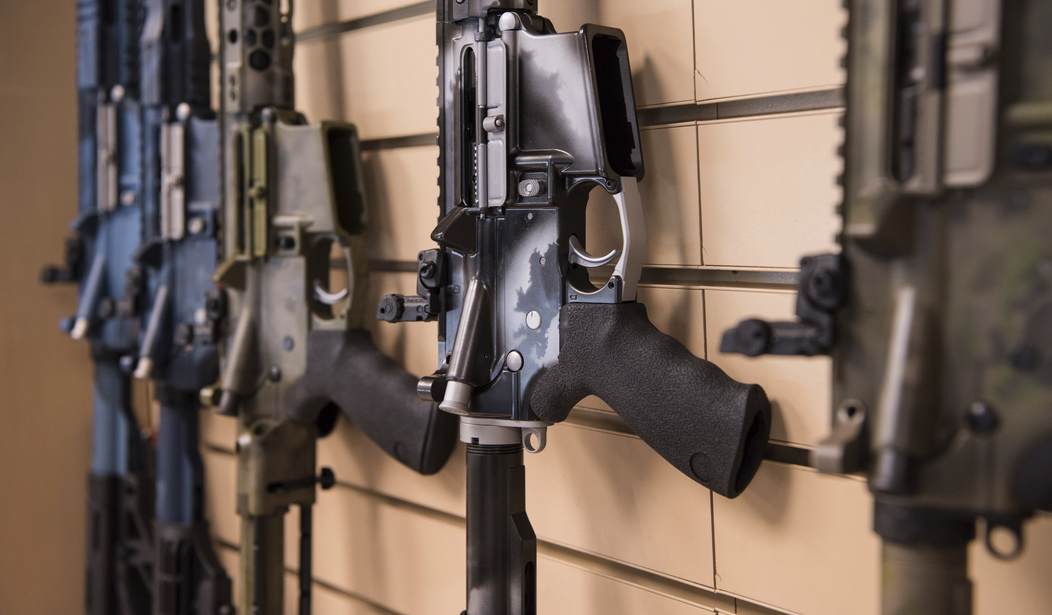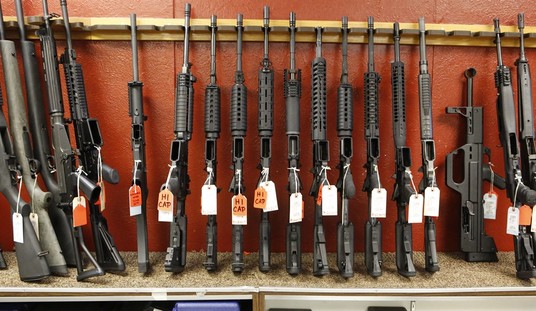I have to say that, while the arguments presented in Viramontes v. Cook County are good ones, the case had to be considered something of a long shot in terms of its viability, especially after the Seventh Circuit Court of Appeals decided a few months ago that AR-15s and other "assault weapons" aren't protected by the Second Amendment because they're "like" full-auto machine guns that can presumptively be banned under an expansive reading of the Heller decision.
Even before the most recent challenges to a semi-auto ban in Illinois, the Seventh Circuit had declared in 2015 that an "assault weapons" ban imposed by Highland Park, Illinois wasn't a violation of the Second Amendment, and when the appeals court weighed in on the new challenges it decided that there was nothing in it earlier decision that was incompatible with the Supreme Court's "history, text, and tradition" test explicitly laid out in Bruen.
The Seventh Circuit has broadly blocked any and all efforts to overturn semi-auto bans in the state, whether they were enacted by the legislature in Springfield, commissioners in Cook County, or city councils in places like Highland Park. Still, U.S. District Judge Rebecca R. Pallmeyer (a Clinton appointee, if you're wondering) acknowledged that she could have revisited the issue if she believed the plaintiffs' attorneys in Viramontes had brought a "more fully developed factual record" than what the Seventh Circuit recently considered in Bevis v. Naperville. She just concluded that the Viramontes attorneys didn't do so.
The plaintiffs had argued that the Seventh Circuit got it wrong in Bevis when they concluded that a full-auto machine gun could fire at a rate of 700 rounds per minute, while semi-automatic long guns could fire 300 rounds in 60 seconds; a difference the court found too minute to matter. Both rates of fire, in the Seventh Circuit's view, were more suitable for a military purpose than self-defense, and thus both M-16s and their civilian counterparts fall outside of the Second Amendment's protections.
The Second Amendment Foundation and Firearms Policy Coalition argued that the appellate court got those numbers wildly wrong, with an effective rate of fire for fully automatic rifles of 45–65 rounds per minute in semiautomatic mode and 150–200 rounds per minute in automatic mode. Since AR-15s are solely semiautomatic, the attorneys reasoned, it "thus has an effective rate of fire that is one-third of the rate of the M-16 in automatic mode, and one-fifth of the rate posited by the Seventh Circuit." Pallmeyer was urged to revisit the ban despite the Seventh Circuit's precedential rulings because of the court's fuzzy math, but in her decision on Friday granting summary judgment to Cook County she declared the substantially different figures don't really matter.
This is truly a distinction without a difference. Bevis made clear that the relevant distinctionis not how fast the AR-15 shot in isolation, but how its firing rate compares with that of an M16,which (as recognized in Heller) was appropriately subject to regulation. By the court’s math, premodification with bump stocks or other devices, the AR-15 shot about 40% as many rounds in aminute as did the M16 (300 versus 700). The difference is similar, though, using Plaintiffs’numbers: if the M16 can “effective[ly]” shoot at 150–200 rounds a minute and the AR-15 can, premodification, shoot at 45–65 rounds a minute, then the AR-15 can shoot about 33% as many rounds in a minute as the M16 does. There is no indication in Bevis that this percentage difference in minute-to-minute firing capacity would render AR-15s different enough from M16s (which the court assumed were military weapons) to render them subject to Second Amendment protection.
With rulings like these, it's no wonder that 2A groups are once again trying to move their gun ban challenges out of the Seventh Circuit and up to SCOTUS. There's simply no chance of relief to be found in the Seventh these days with the court deciding that the most commonly-sold rifles in the country can be banned at will without implicating our Second Amendment rights.
Plaintiffs Cutberto Viramontes and Christopher Khaya should be applauded for taking on Cook County's gun ban, as well as SAF and FPC for working alongside them in pursuit of justice. With several decades worth of screwy Second Amendment jurisprudence serving as precedent in the Seventh Circuit, though, if that justice is going to be found it's up to at least five of the justices on the Supreme Court to overrule the lower court's insanity and accurately apply the text, history, and tradition test that would easily find bans on commonly-owned arms to be unconstitutional.









Join the conversation as a VIP Member